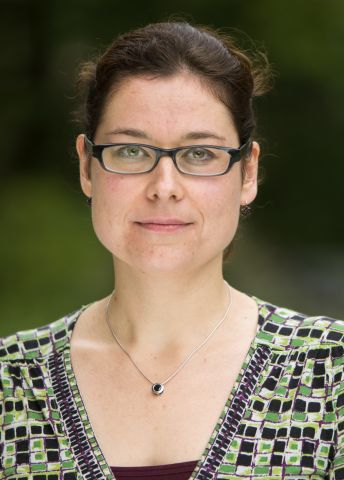
Wallenberg Academy Fellow 2015
Medicine
Dr. Andrea Puhar
Umeå University
Nominated by
Umeå university
Medicine
Dr. Andrea Puhar
Umeå University
Nominated by
Umeå university
Understanding the relation between inflammation, infection and ATP
Inflammation protects organisms after an infection or damage, where the reaction is triggered when damaged cells release danger signals. However, inflammation is not always positive – for example for patients suffering from cancer, atherosclerosis or allergies the progression of disease is rather worsened.
Wallenberg Academy Fellow Andrea Puhar studies the mechanisms controlling the presence and response to the danger signal ATP and its effect on cells and bacteria.
ATP is the cell’s energy currency but also acts as a danger signal. By releasing ATP molecules from the cell, a message of damage or stress is conveyed to neighbouring cells. The general belief has so far been that extracellular ATP does not greatly contribute to inflammatory reaction during infection.
Dr. Andrea Puhar at Umeå University and the Laboratory of Molecular Infection Medicine (MIMS), however, can now show that intestinal cells secrete ATP as a first alarm signal, which causes very strong inflammation in the intestine. She has also found that bacteria can stop the cells' ATP secretion, which decreased inflammation. The bacteria could therefore survive the inflammation.
Through further studies, Andrea Puhar wants to understand the mechanisms that start and terminate ATP release from cells during inflammation and to understand how our body and the intestinal bacteria respond to the danger signal. In the long term, she hopes to find possible therapeutic molecules for treatment of inflammatory gastrointestinal diseases and chronic inflammation.
Photo: Markus Marcetic